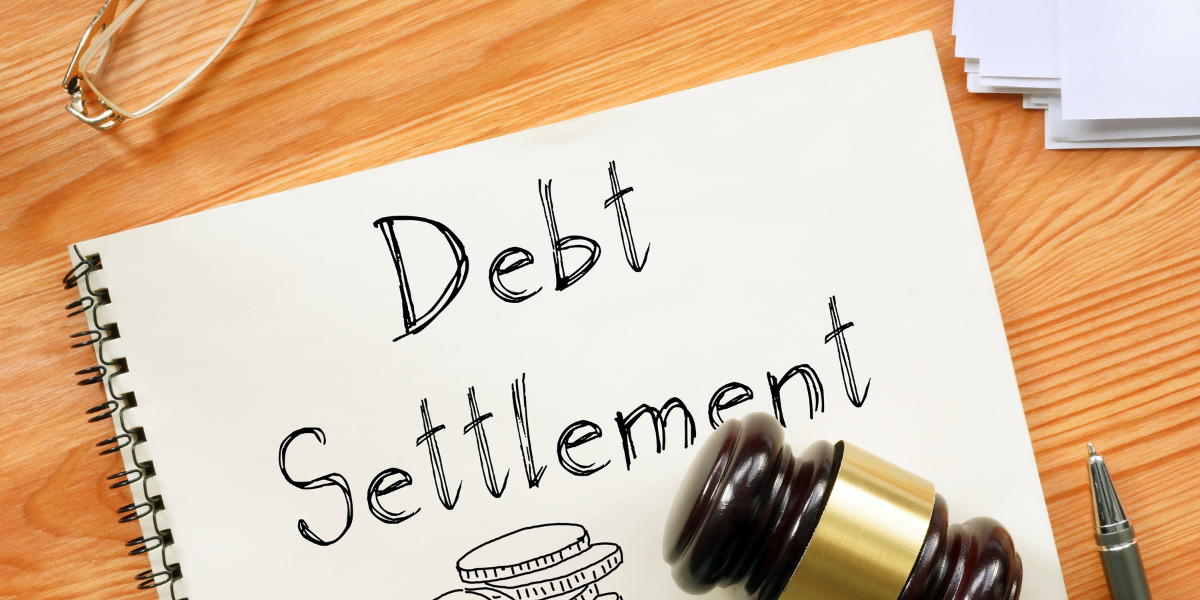Wage garnishment can be an overwhelming financial challenge, making it difficult for individuals to meet their basic living expenses. This process allows creditors to legally take a portion of an individual’s paycheck to recover unpaid debts. While garnishment may seem unavoidable, there are multiple ways to halt or prevent it. Understanding your options and taking immediate action can help you regain control over your financial situation.
What Is Wage Garnishment?
Wage garnishment occurs when a court orders an employer to withhold a specific amount from an employee’s paycheck to pay off a debt. This typically happens when someone has fallen behind on financial obligations such as credit card bills, personal loans, child support, unpaid taxes, or student loans. Creditors must follow legal procedures before garnishing wages, and there are federal and state regulations limiting how much can be deducted from a person’s income.
If you are facing wage garnishment, it is important to act quickly. Delaying action can lead to a prolonged financial burden, making it harder to recover. There are several strategies available to help you stop wage garnishment and protect your income.
Communicating With Your Creditor
One of the first steps you should take is to communicate directly with the creditor pursuing the garnishment. Many creditors prefer to resolve debts through alternative means rather than go through the legal process. You may be able to negotiate a settlement, propose a new repayment plan, or request a temporary suspension of payments while you improve your financial situation.
When contacting creditors, consider the following approaches:
- Offer a lump sum payment if you can afford it.
- Suggest a reasonable installment plan that fits your budget.
- Explain any financial hardships you are facing to seek leniency.
If a creditor agrees to new terms, be sure to obtain a written agreement outlining the modified repayment plan to prevent future misunderstandings.
Filing a Legal Exemption to Stop Wage Garnishment
In many states, individuals facing financial hardship can request an exemption from wage garnishment. This legal action involves filing a petition with the court to demonstrate that the garnishment is creating undue financial strain.
To file an exemption request, follow these steps:
- Obtain the appropriate exemption form from your local court.
- Provide supporting documents, such as proof of income, rent or mortgage payments, medical bills, or utility expenses.
- Submit the completed paperwork and request a hearing before a judge.
- Present your case, explaining how the wage garnishment is making it impossible to meet your essential living expenses.
If the judge rules in your favor, your garnishment may be reduced or eliminated, allowing you to retain more of your income.
Exploring Bankruptcy as a Solution
Bankruptcy is a legal option that immediately halts wage garnishment under most circumstances. When an individual files for bankruptcy, an automatic stay is issued, preventing creditors from collecting on outstanding debts, including garnishments.
The two most common types of bankruptcy for individuals are:
- Chapter 7 Bankruptcy: This process eliminates many types of unsecured debt, such as medical bills and credit card debt. However, certain obligations, such as child support, tax debt, and student loans, are typically not dischargeable.
- Chapter 13 Bankruptcy: Instead of eliminating debt, this option establishes a structured repayment plan that allows individuals to pay off their obligations over several years while protecting them from further garnishment.
While bankruptcy can provide financial relief, it also has long-term consequences, including a significant impact on credit scores. Consulting with a bankruptcy attorney can help determine whether this option is the best course of action for your situation.
Challenging the Wage Garnishment Order
If you believe a garnishment was issued unfairly or in error, you have the right to challenge it in court. Several circumstances may justify a legal challenge, including:
- The debt has already been paid or settled.
- The amount being garnished exceeds legal limits.
- The creditor failed to follow the proper legal process.
- You were never properly notified about the lawsuit leading to the garnishment.
To dispute the garnishment, you must file a motion with the court and present evidence supporting your claim. If the judge rules in your favor, the garnishment may be modified or stopped entirely.
Working With a Consumer Rights Attorney
Navigating wage garnishment laws can be complex, and having legal assistance can improve your chances of success. A consumer rights attorney can:
- Help you understand your legal options.
- Negotiate with creditors to reduce or stop garnishment.
- Represent you in court if necessary.
- Assist with filing for bankruptcy, if applicable.
Many legal aid organizations provide free or low-cost legal assistance for individuals facing wage garnishment. Seeking professional guidance can make a significant difference in resolving financial challenges.
Paying Off the Debt to End Wage Garnishment
Paying off the debt entirely is the most direct way to stop wage garnishment. While this may not always be possible immediately, there are several ways to accelerate the repayment process:
- Using personal savings or emergency funds.
- Borrowing money from family or friends.
- Taking out a low-interest personal loan to pay off the balance.
- Negotiating a reduced lump-sum settlement with the creditor.
Once the debt is paid, the creditor is required to notify your employer to stop the garnishment. Always request a written confirmation from the creditor to ensure that no further deductions occur.
Preventing Wage Garnishment in the Future
Once you have successfully stopped a wage garnishment, it is essential to take steps to prevent it from happening again. Managing your finances responsibly and staying proactive about debt repayment can help you avoid future garnishment orders.
Consider implementing the following financial strategies:
- Create and maintain a budget to track your income and expenses.
- Build an emergency savings fund to cover unexpected costs.
- Pay bills and debts on time to avoid collection actions.
- Seek financial counseling to improve money management skills.
- Stay in communication with creditors to negotiate payment plans when necessary.
By staying organized and financially disciplined, you can reduce the risk of future wage garnishments and achieve greater financial stability.
Conclusion
Wage garnishment can cause significant financial hardship, but it is not an irreversible situation. By exploring options such as negotiating with creditors, filing for exemptions, challenging the garnishment in court, or considering bankruptcy, you can take action to protect your income. Seeking legal assistance and adopting responsible financial habits can further safeguard against future garnishment. Acting swiftly and proactively will put you on the path toward financial recovery and long-term stability.

